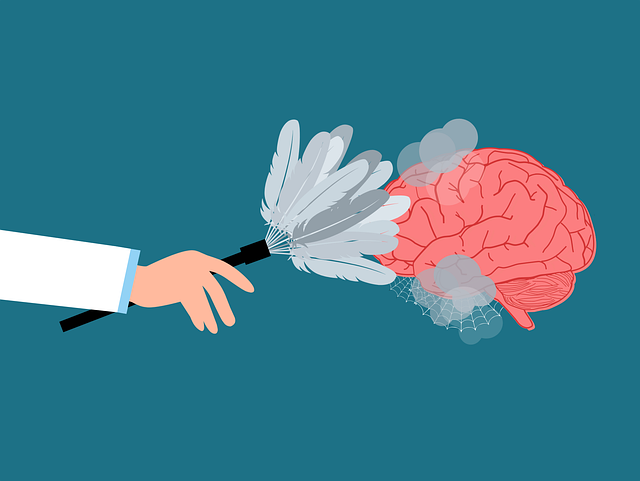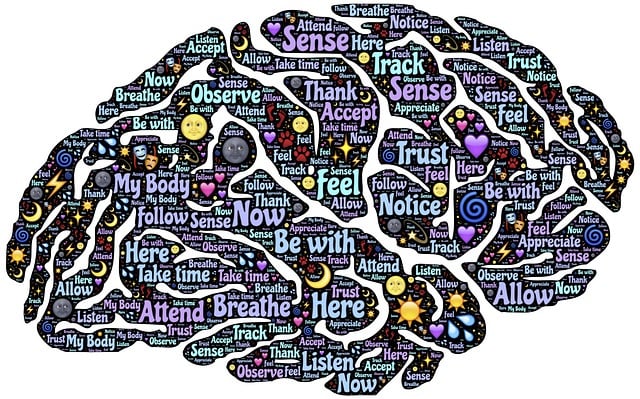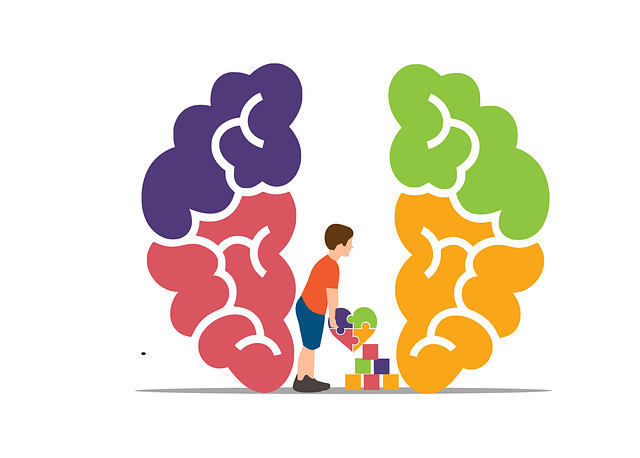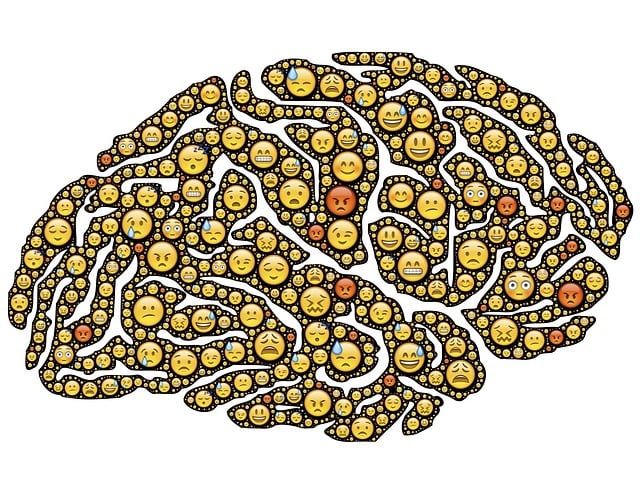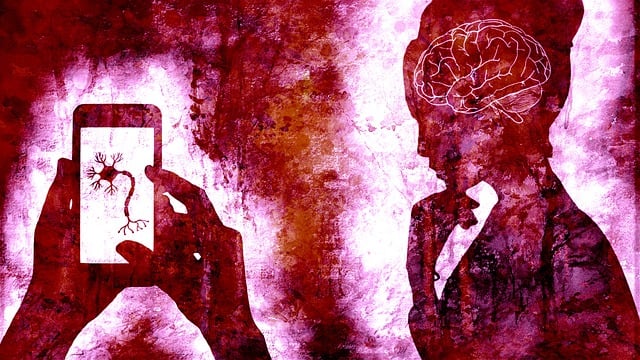Mental health crisis hotlines (available 24/7) offer crucial support to young minds, utilizing trained professionals and specialized services like play therapy to foster emotional healing. Play therapy, through creative activities, empowers children to express emotions, process trauma, and develop healthy coping mechanisms, enhancing their emotional intelligence and resilience. To maximize benefits, approach these hotlines openly, leveraging additional resources like mental wellness podcasts. The effectiveness of these services relies on professional training, including play therapy techniques, self-care practices, and ongoing support, ensuring compassionate care for young individuals in crisis.
“In today’s fast-paced world, mental health crisis hotline support services act as a beacon of hope for individuals grappling with emotional turmoil. This article delves into the critical role these hotlines play in empowering young minds. We explore ‘Understanding Mental Health Crisis Hotlines’ and their impact on vulnerable youth. Additionally, we highlight the transformative power of ‘Play Therapy’ as a creative approach to fostering children’s wellbeing. Learn how to access these services effectively and discover the essential training and resources available for professionals dedicated to crisis intervention.”
- Understanding Mental Health Crisis Hotlines: A Lifeline for Young Minds
- The Power of Play Therapy: A Creative Approach for Children's Wellbeing
- How to Access and Utilize These Support Services Effectively
- Training and Resources: Empowering Professionals in Crisis Intervention
Understanding Mental Health Crisis Hotlines: A Lifeline for Young Minds

Mental Health Crisis hotlines offer a vital service for young minds grappling with emotional turmoil and mental health issues. These 24/7 resources provide immediate support, acting as a lifeline for individuals in distress. Trained professionals offer active listening, guidance, and sometimes direct intervention to de-escalate crises.
For children, accessing therapy through these hotlines can be less intimidating than traditional office settings. Play therapy, specifically designed for younger individuals, combines talk therapy with creative activities like art, music, or games to foster communication and emotional expression. This approach is particularly effective in building empathy between the therapist and child, creating a safe space for them to open up about their struggles. Cultural sensitivity in mental healthcare practice is also integral, ensuring that hotline services cater to diverse backgrounds and beliefs, thereby enhancing accessibility and effectiveness. Such initiatives contribute to the development of comprehensive mental wellness coaching programs, ultimately aiming to equip young minds with coping mechanisms for present and future challenges.
The Power of Play Therapy: A Creative Approach for Children's Wellbeing

Play therapy offers a unique and creative approach to support children’s mental health and emotional healing processes. Through play, children can express themselves freely, explore their feelings, and work through traumatic experiences or challenging life events in a safe and supportive environment. This therapeutic method recognizes that children often communicate and process emotions through play, making it a powerful tool for fostering resilience and promoting better mental health.
By engaging in imaginative play, art, music, and other expressive activities, children can develop emotional intelligence and learn healthy coping strategies. Play therapy sessions encourage self-care routine development for better mental health by teaching kids to recognize and manage their emotions, set boundaries, and build positive self-esteem. This creative process allows them to transform and release difficult feelings, fostering a sense of calm and empowerment.
How to Access and Utilize These Support Services Effectively

Accessing mental health crisis hotline support services is a crucial step in ensuring prompt and effective assistance during difficult times. The first step is to identify and connect with the appropriate hotline, which often operates 24/7. Many countries and regions have dedicated crisis lines for various age groups, including children and adolescents who may struggle with their mental wellness. These hotlines typically provide confidential conversations with trained professionals who can offer immediate support, guidance, and resources tailored to individual needs.
To make the most of these services, it’s beneficial to approach the conversation openly and honestly. Whether reaching out for yourself or on behalf of a child in need of therapy, expressing clear concerns and providing relevant details allows the support staff to direct you to specialized services like play therapy. Additionally, leveraging available resources such as a Mental Wellness Podcast Series Production can offer valuable insights and coping strategies. Engaging with trauma support services and focusing on positive thinking are also essential components of navigating through challenging mental health crises effectively.
Training and Resources: Empowering Professionals in Crisis Intervention

The effectiveness of mental health crisis hotline support services greatly relies on the training and resources available for its professionals. These experts play a crucial role in providing immediate assistance to individuals experiencing a mental health crisis, be it adults or children. For young ones specifically, therapy for children and play therapy techniques are integral components of their intervention arsenal. Professionals equipped with these skills can create a safe and nurturing environment, facilitating children’s ability to express their feelings and work through traumatic experiences.
Beyond direct crisis intervention, empowering hotline professionals with Self-Awareness Exercises and Mental Wellness Coaching Programs Development ensures they maintain optimal mental wellness themselves. This self-care aspect is vital as it prevents burnout and enables them to effectively support others. Incorporating Self-Care Practices into their routine further strengthens their ability to offer compassionate and informed guidance, ultimately enhancing the overall quality of care provided through these hotline services.
Mental health crisis hotline support services, including innovative approaches like play therapy for children, are invaluable resources that can significantly impact young minds. By understanding how to access and utilize these services effectively, we empower ourselves and those around us to navigate mental health crises with greater resilience. Through proper training and resources, professionals in crisis intervention can provide essential support, making these hotlines a true lifeline for young individuals seeking help.
